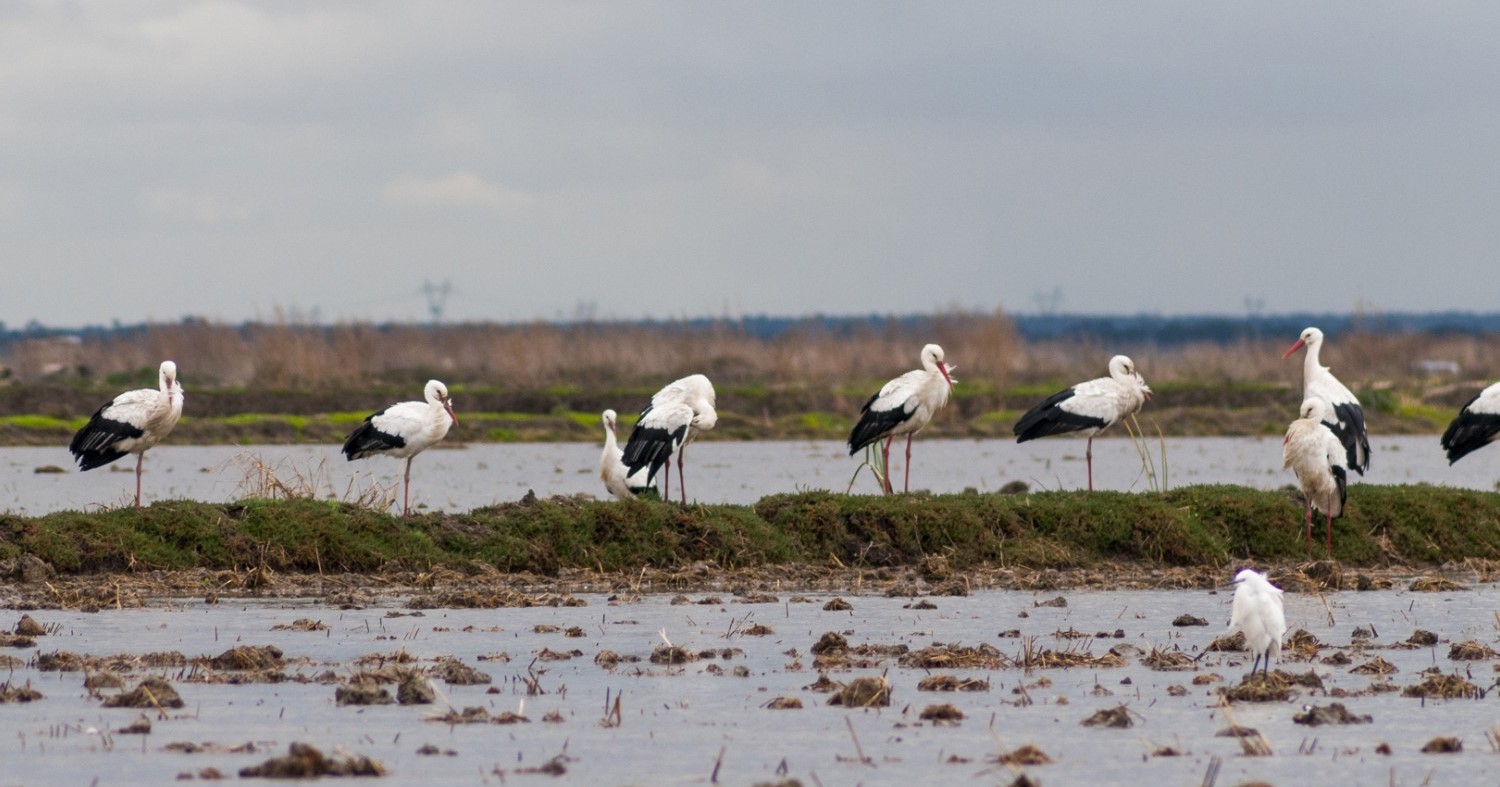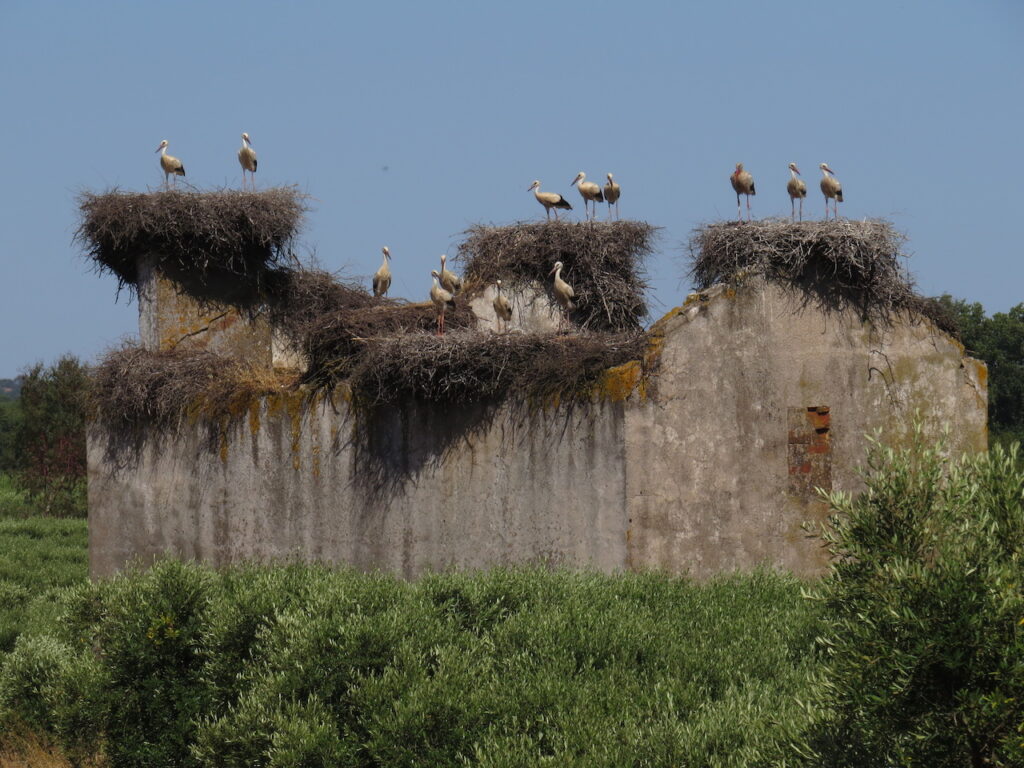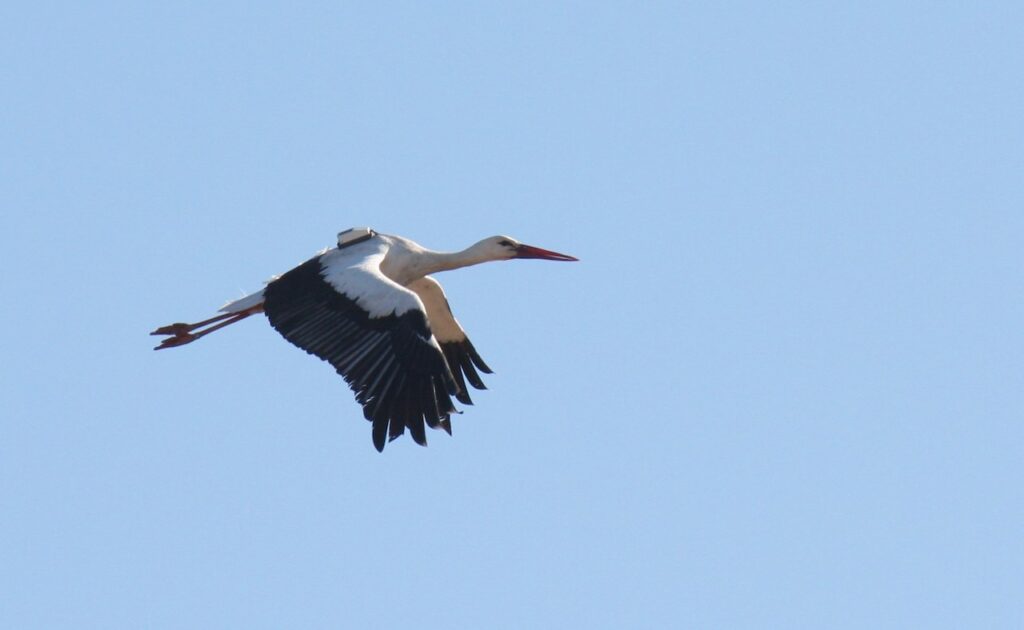créditos: @ICNF
Está a decorrer desde Março 2024 até Jumho 2024 o VIIIth Census Internacional da Cegonha.
Em Portugal, o Censo Mundial de Cegonha-branca continua a decorrer até final de Junho 2024 em Portugal, com o objectivo de recensear o número total de ninhos existentes em todo o território nacional.
- Direção Regional Conservação da Natureza e das Florestas do NorteCarlos Pedro Santos: carlospedro.santos@icnf.pt
- Direção Regional Conservação da Natureza e das Florestas do CentroIsa Sofia Teixeira: isa.teixeira@icnf.pt
- Direção Regional Conservação da Natureza e das Florestas de Lisboa e Vale do TejoLuiz Silva: luis.silva@icnf.pt
- Direção Regional Conservação da Natureza e das Florestas do AlentejoCarlos Carrapato: carlos.carrapato@icnf.pt
- Direção Regional Conservação da Natureza e das Florestas do AlgarveSérgio Correia: sergio.correia@icnf.pt
- Filipe Moniz: filipe.moniz@icnf.pt
- Frederico Lobo: frederico.lobo@icnf.pt
- Nuno Ventinhas: nuno.ventinhas@icnf.pt
Every 10 years, in over 40 countries worldwide, a large-scale conservation event dedicated to a beloved bird species takes place – the International White Stork Census
In 2024, it will be the eighth edition. The Bulgarian Society for the Protection of Birds (BSPB) is the coordinating organization for the census, calling on people across the country to turn their gaze to their feathered neighbors and participate in the initiative.
The census will take place in June and July 2024, covering the entire country and more than 5,000 locations. With the help of volunteers, all stork nests will be visited, and adult birds and their young will be counted.
The first census of the White Stork was organized in 1934 at the initiative of Germany, and Bulgaria joined in the 1970s. BirdLife International is the organizer, and BSPB is the coordinating organization for Bulgaria. The main partner of BSPB in the census is the Executive Environment Agency (ExEA).
Information about the location of nests, unoccupied nests for various reasons this year, and endangered nests that will be subsequently secured with the help of relevant institutions will be gathered.
As the stork is a familiar and beloved species easily observed and recognized, children, families, entire classes, eco-clubs, and others can participate in the big census.
All that is needed is to share observations in the SmartBirds Pro mobile application or on the SmartBirds website.





No comments:
Post a Comment